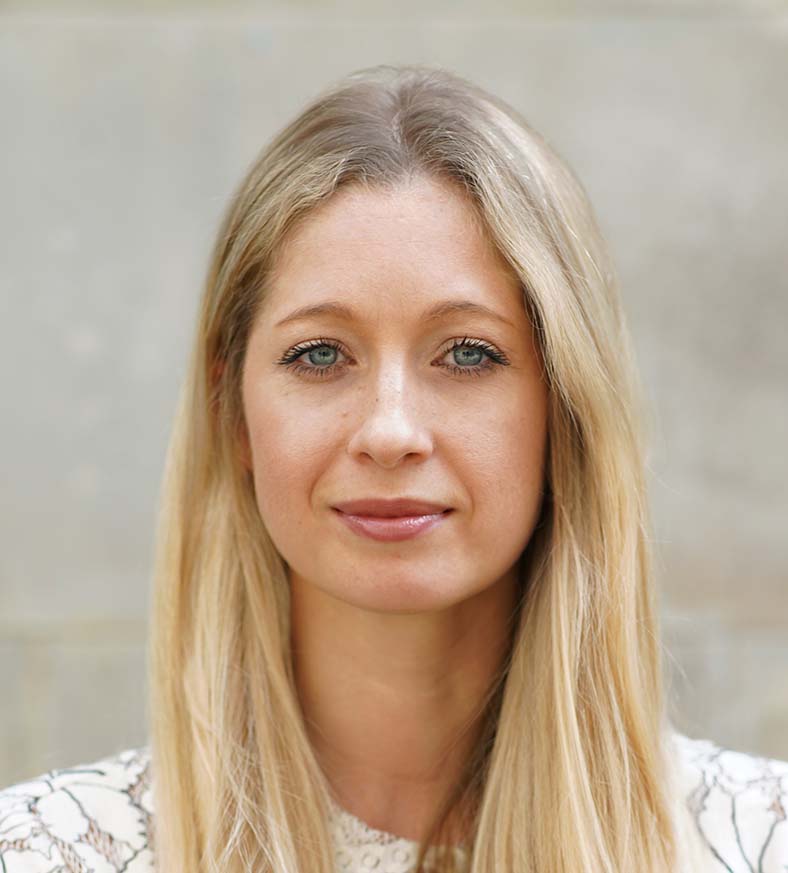An asset management firm has unveiled its engagement priorities for 2022 to continue to support companies focusing on positive sustainability outcomes.
BMO Global Asset Management (EMEA), which is now part of Columbia Threadneedle Investments, has committed to continue to prioritise engagement with companies on major environmental issues including climate change and biodiversity, as well as human rights issues and executive pay.
The investment firm has spent more than two decades helping companies adopt climate-friendly business models which will continue this year with a focus on the phase-out of unabated coal generation by 2030 for developed markets and 2050 for developing markets, in order to achieve the goals, set out in the Paris Agreement.
BMO GAM (EMEA), which together with Columbia Threadneedle Investments has more than 650 investment professionals in North America, Europe and Asia, will focus on the mining and utilities industries, and scrutinise the areas with the most potential for change, including the US, Japan and South Korea.
Claudia Wearmouth, Co-Head of BMO GAM (EMEA)’s Responsible Investment team, said: “The events of the past year, including the ongoing Covid-19 pandemic and extreme weather events, have reinforced the importance of creating a more resilient future. Climate change, biodiversity loss and human rights are all issues that require urgent action.
“Active ownership is a key cornerstone of our work, and we have a role to play as a conduit to concentrate and amplify our clients’ voices with companies. It can take time to build consensus for change within a business and to develop the tools to do so. We support companies on that journey, but in 2022, a key focus of our work will also be holding companies accountable on their commitments.”
Holding the companies accountable on their commitments to net zero targets will help ensure the implementation of net zero strategies, through financial institution engagement, including a decline of coal, oil and gas within portfolios.
Alice Evans, Co-Head of BMO GAM (EMEA)’s Responsible Investment team, said: “COP26 in November last year served to further highlight the scale of the challenge in addressing climate change. But it also proved a catalyst for action, with the push for private sector commitments resulting in over 3,000 corporates and financial institutions, representing $130trillion in assets, taking on net zero commitments.
“Concerns on net zero-washing abound and our 2022 engagement agenda will have a sharp focus on implementation, ensuring that these commitments are backed up by concrete actions to decarbonise.”
Last year the company focused on biodiversity but will also now focus on the chemicals industry and human rights protection, by engaging with industries such as oil and gas, materials, mining, transportation and electric utilities on how executive pay is linked to climate strategy.
BMO GAM (EMEA) will also engage with companies that have supply chains or operations in vulnerable areas to improve mitigation and risk assessment, in addition to encouraging chemicals companies to sustainably transition towards a circular economy by reducing greenhouse gas emissions (GHGs), reducing plastic waste and investing in recycling technologies.
Human rights are another big focus for the firm, which will focus on engaging with corporates to protect human rights and enhance supply chain management practices.
Georgina Sell, Principal Consultant - Sustainable & Impact Investing at Acre, said:"It was exciting to see that there was a lot more participation at COP this year from corporates, particularly private and investment firms, and we have started to understand the impact of this on hiring trends.
Up until now, there was a general trend for recruitment into centralised ESG/Sustainability investment teams, but now that the basics have been implemented, investment firms are looking for more applied ESG skill sets (such as Climate specialists).
The ideal is that we get to a point where ESG is integrated into every business function, and across every asset class, but in order to get to that point it seems that companies may need to think about how they drive that change.
It’s become clear that frameworks and tools are important, but companies also need to drive internal change culturally to align with SDGs targets and UN goals. For example, we’ve started to see organisations like Aviva make commitments to eject company directors if climate goals are not met.
What was also encouraging to see from COP was the push towards a more regulated environment with standards such as TCFD, and the introduction of a new accounting standards board, which should help with the rate of progress."
After an 11 year career in recruiting finance professionals across the globe, Georgina became concerned that there wasn’t enough connectivity across the financial services industry related to climate change and social issues.
At the beginning of 2020, Georgina established an ESG workstream, focused on bringing together Environmental Consultancies, Talent Acquisition Specialists, Diversity Specialists, Impact Measurement Advisory firms, C-Suite Investment Leaders, ESG Specialists, Asset Owners and Data Innovators. The idea was to hear their exclusive insights to enable us to identify and deliver concrete actions and drive change within the financial services community.
She delivered a series of 5 podcasts to brainstorm solutions around how we could advance ESG & Impact within our own firms, and the wider communities around us.
Georgina has joined Acre’s Sustainable Finance and Impact Investing practice. The practice includes Banks, Insurers, Investment managers, Private Debt, Equity & Real-Asset funds, Family Offices and Foundations. Georgina's particular focus is on investment team lifts, which are sustainability-themed and/or impact-aligned, as well as sustainability and ESG related positions.


